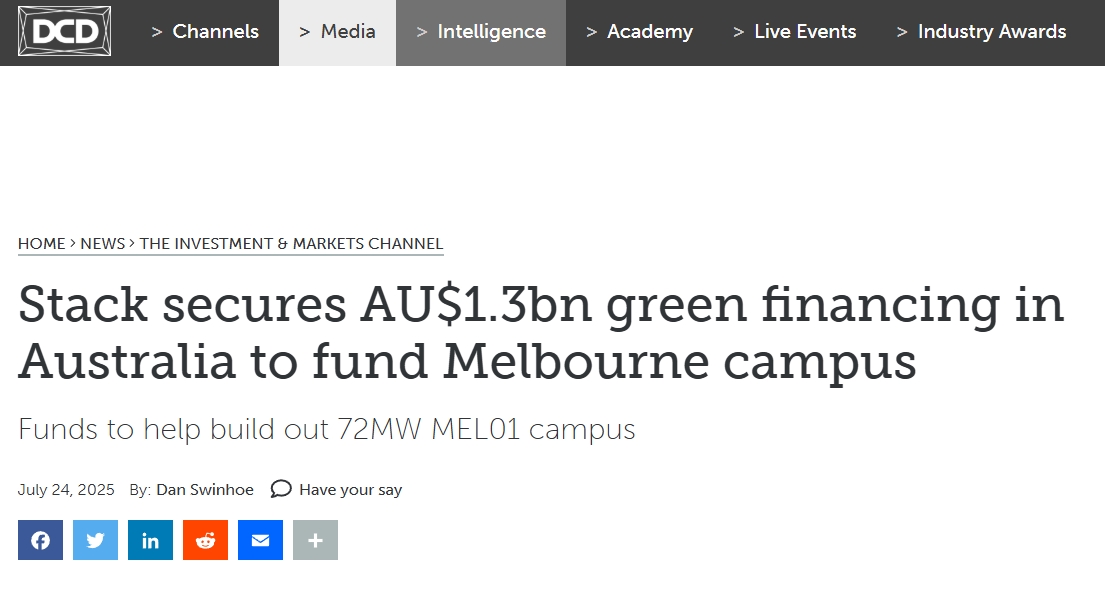The Cyberspace Administration of China (CAC) has released a set of draft regulations that, in its current form, promises to narrow the scope of blockchain-based services across the country.
The proposed regulations were opened up for public perusal last Friday, with the department soliciting suggestions until November 2. Among other things, the set of 23 articles requires that blockchain users go through real-name registration, and service providers take responsibility for censoring content as well as saving user data for potential government inspection. The laws would apply to all “blockchain service providers,” whether organizations or individuals, that operate in the PRC.
But that’s not all. Below, we explain in more detail other implications for China’s burgeoning blockchain industry, which has already seen an increasingly strict clampdown on cryptocurrency trading platforms over the last year. If the new rules come to pass, blockchain as a whole – known for its decentralized nature and anonymity – could see a landscape shift in China.
No date has been given for implementation of the new rules. Renmin University law school vice president Yang Dong, however, told Sina News (in Chinese) that the draft policy would upset the current blockchain industry: “This will only bring undesirable obstacles and difficulties to entities’ innovation activities … Blockchain technology should be neutral. The necessity of the draft policy should be doubted.”
In a Weibo comment, BTC.TOP mining pool founder wryly noted that “imposed management for decentralized activities is like negative numbers greater than zero.”
Government and “self-regulation”
Sensible or not, the draft regulations mark the government’s most ambitious plan yet to rein in the field of blockchain. Its lofty goals are to “safeguard national security and the public interest, protect citizens, corporations and other organizations’ legal interests,” and promote the “healthy and orderly development” of blockchain technology,” Article 1 states.
As such, the rules require close government monitoring of blockchain-based entities.
Article 4: All blockchain-based service providers are required to register with the [Cyberspace Administration of China] within 10 days after launching their services. Companies should ask users to provide information including the name of service providers, type of services and server address…
Service providers that provide false information will be suspended. If not corrected within a specified time, company filings will be revoked.
In the draft regulation, blockchain service providers in certain fields including news media, publishing, education, medical and the pharmaceutical industry must also obtain approval from “relevant authorities” prior to registering with the CAC.
But although ultimate responsibility for blockchain regulation falls on the government, the rule also requires entities to “self-regulate.”
…[The Cyberspace Administration] calls for blockchain industry to strengthen self-regulation and set up industry standards, educate service providers, and promote the industry credit rating system.
Censorship, real-name registration, and user data
Some articles strongly resemble China’s current cybersecurity law, which was updated last year to improve censorship measures like the Great Firewall.
Under the draft regulation, blockchain service providers and users would not be allowed to use the technology in ways that could “pose a threat to national security, disrupt social order and violate others’ legal rights.” Service providers and users would be banned from producing, duplicating, publishing, and disseminating information or content prohibited by the law. Those who fail to comply could be subjected to suspension from services and fines between RMB 5,000 to 30,000.
The new restriction would, in theory, prevent individuals from using blockchain to flout internet censorship laws. This past April, for instance, an anonymous activist used an Ethereum transaction to publicize an alleged sexual harassment case, while another used the same cryptocurrency to share a journalistic investigation into a major vaccine producer.
Blockchain rules expose China’s Achilles’ heel
Under the suggested rules, providers of blockchain-based information services would also be required to make users register with their real names and national identification card numbers. Companies are mandated to refuse service to noncompliant users, echoing real-name registration regulations on online platforms that date as far back as 2014.
Last year, national cybersecurity regulations were also updated to require companies to store data locally, thereby giving the government greater rein regarding data surveillance. While perhaps not as extensive, the blockchain draft regulation contains similar clauses that require service providers to keep records of user data for up to six months.
In addition, they would be expected to supply that data in case of a government investigation.
Blockchain-based service providers should work with authorities on carrying out supervision and inspection, and provide the necessary data and technical assistance.
China’s crackdown on cryptocurrency last year drove a number of cryptocurrency exchanges and wallet services to other markets. A stricter regulatory environment would create additional barriers for young blockchain startups to roll out new products and services. Industry experts believe the draft regulations is another heavy-handed approach that will very likely stifle the development of the blockchain industry, or at least make sure it goes in the direction that’s helpful to the Chinese government.








